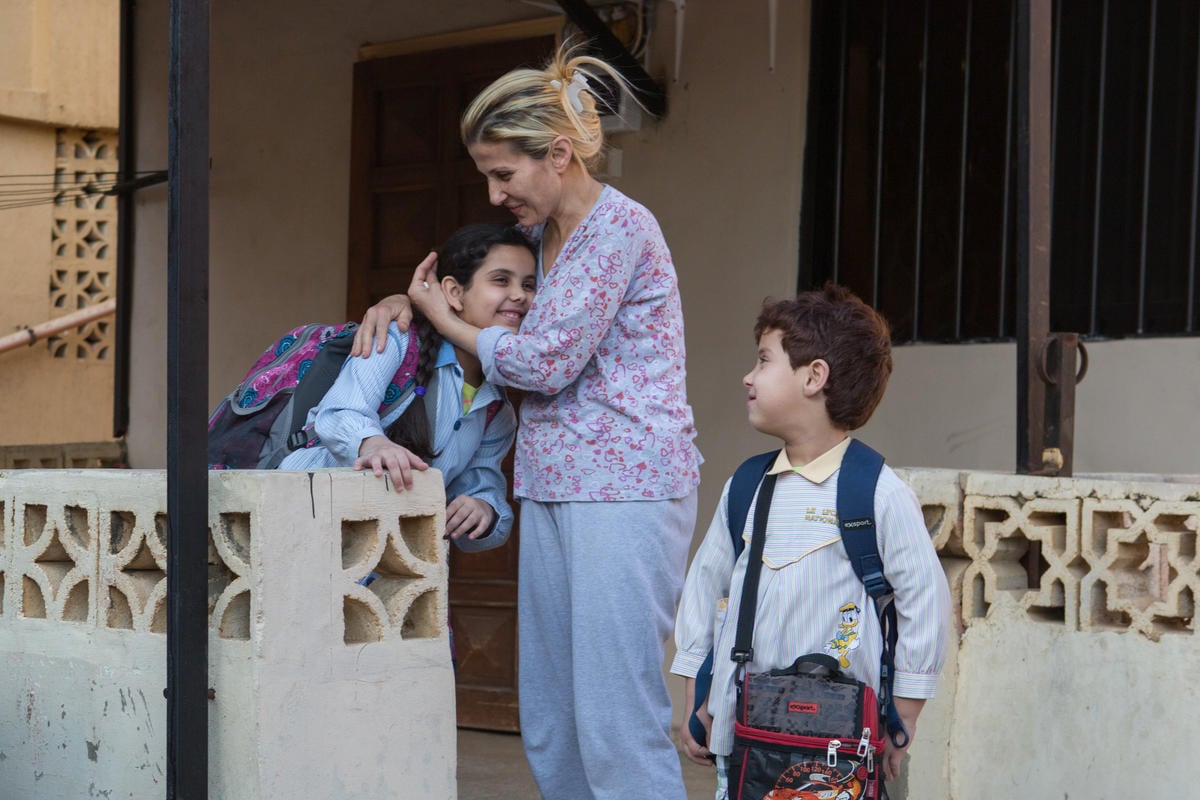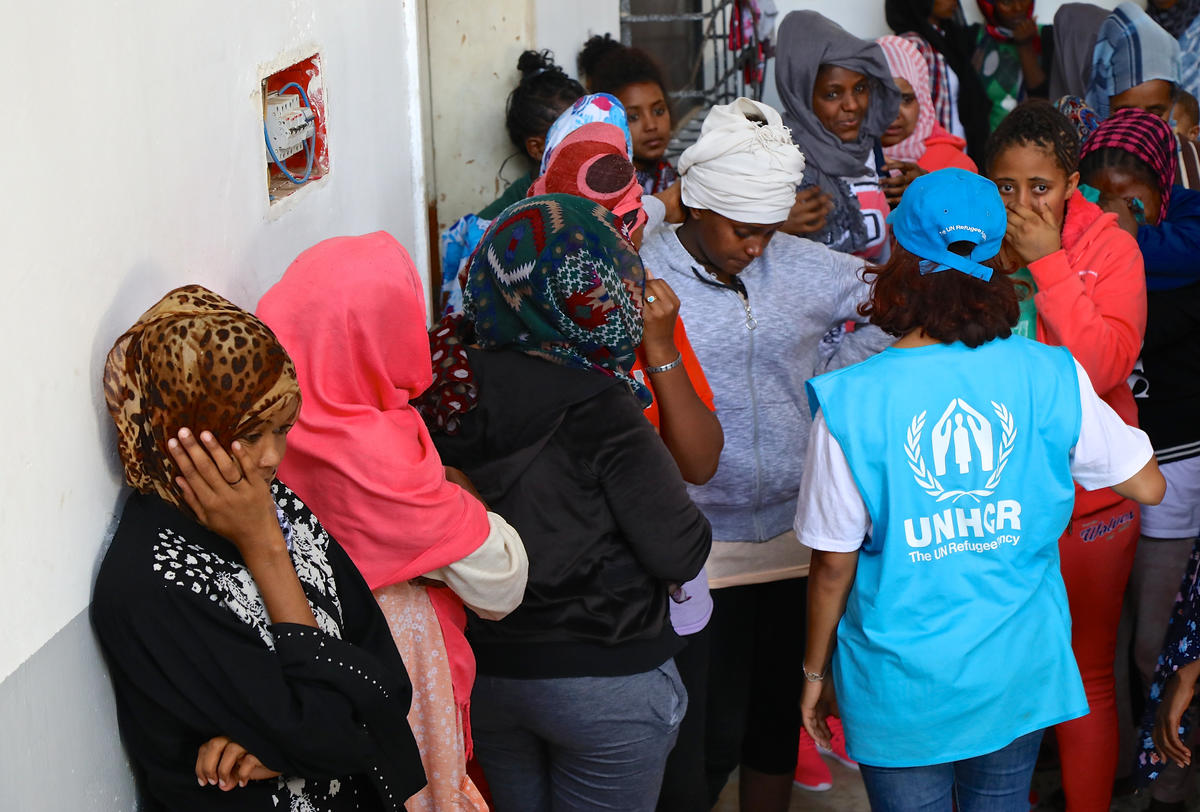UNHCR deplores forced return of Afghan refugee family from Tajikistan
UNHCR deplores forced return of Afghan refugee family from Tajikistan

GENEVA, September 16 (UNHCR) - The UN refugee agency on Friday strongly criticized the government of Tajikistan's refoulement - or forced return - of five members of an Afghan refugee family on Wednesday, saying it was a clear violation of two international legal conventions, and that the manner in which it was carried out was also in violation of Tajikistan's own Constitution.
"UNHCR deplores [this] decision," UNHCR spokesman Ron Redmond told a press briefing in Geneva.
The five Afghans - a mother and her three sons and one daughter - had been in Tajikistan since 1992 and were given refugee status, along with the father, in 1995. In 2004, shortly after the father was deported in equally unclear circumstances, the mother and four children applied for resettlement to a third country. The three adult children (two sons and the daughter) were subsequently accepted by Canada.
However, in early 2005, Tajikistan's Refugee Status Determination Commission decided to strip the mother of her refugee status. Supported by UNHCR, she appealed against the decision.
"UNHCR's attempts to clarify the grounds and reasons for this decision were to no avail," said Redmond.
The appeal process was still ongoing in the Dushanbe City Court of Law when the mother and her four children, still possessing valid documents issued by the State Migration Services, were suddenly taken from their apartment in the Tajik capital to a detention centre by a squad of security officers on the night of 12-13 September.
So far no reason for their arrest has been given. Despite UNHCR's immediate contacts with the security authorities and urgent requests for access to the family, they were deported across the Amu Darya river to Afghanistan on Wednesday.
"They were unable to speak to a lawyer while in detention," said Redmond. "Nor were they given the opportunity to exercise their right to appeal the deportation decision within one week in accordance with Tajik law."
Under Article 19 of the Tajik Constitution, everyone is entitled to legal assistance from the time of their arrest, and even if a deportation order is carried out lawfully - which appears to be in doubt in this case - a person threatened with deportation has the right to appeal against the decision, providing they do so within the space of a week.
"UNHCR deplores this refoulement, which regrettably is not the first," said Redmond, adding that it "is a clear violation of the 1951 Convention relating to the Status of Refugees and the 1984 Convention Against Torture and other Cruel, Inhumane or Degrading Treatment or Punishment."
Tajikistan is a signatory to both Conventions.
"We are also deeply concerned about the continuous denial to UNHCR of access to persons of concerns in detention," Redmond said. "UNHCR strongly urges the Tajik Government to adhere to its international obligations resulting from the Refugee Convention and various other human rights instruments."
The two adult sons, aged 24 and 22 were recently married, Redmond said. Their wives are still in Dushanbe and are now separated from their husbands.
"A family like this, with two women, could be in an extremely vulnerable position, adrift without support in northern Afghanistan," said Ekber Menemencioglu, UNHCR's Director for Central and South-West Asia, North Africa and the Middle East. "We just hope that, instead, they benefit from their fellow Afghans' hospitality and acute awareness of what it is like to be a refugee. Our offices in that part of Afghanistan have been alerted, but at this point we don't know where they've gone."
Tajikistan has been hosting some 2,500 Afghan refugees, around 1,300 of whom have been accepted for resettlement by Canada. Most of the Afghans came to Tajikistan over a decade ago. After the Soviet-backed communist government in Kabul collapsed in 1992, tens of thousands of middle-class urban Afghans fled the country fearing retribution from the predominantly rural and conservative mujaheddin forces, who took over the country and almost immediately began fighting each other.
The subsequent emergence of the Taliban in 1994, and their capture of almost the entire country by 1998, made their return virtually impossible. Many such refugees are scattered across the successor states of the former Soviet Union. And, unlike the millions of refugees who have been returning voluntarily from Iran and Pakistan since the demise of the Taliban regime in late 2001, many of them no longer have any viable family links to help them integrate peacefully in their homeland.








